Publications
Articles, publications, books, tools and multimedia features from the U.S. Institute of Peace provide the latest news, analysis, research findings, practitioner guides and reports, all related to the conflict zones and issues that are at the center of the Institute’s work to prevent and reduce violent conflict.
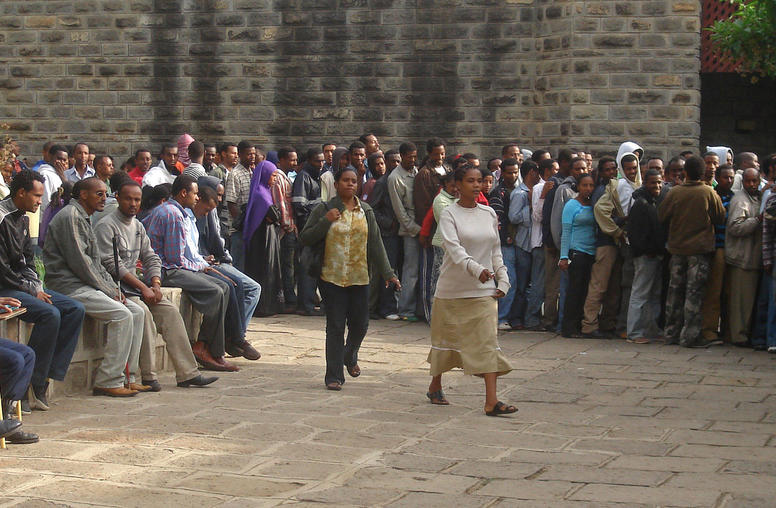
Ethiopia’s Problems Will Not End with a Military Victory
As violence continues over control of the northern Ethiopian region of Tigray, Ethiopia’s future remains unsettled, even if the conflict ends soon. Achieving the federal government’s security objectives in Tigray is unlikely to resolve both new and entrenched political challenges, and already delayed national elections, now expected in 2021, may prove a severe test of Ethiopia’s political order, and consequently affect broader regional stability. Reconciling the electoral process with efforts for reconciliation and national dialogue is now even more imperative.
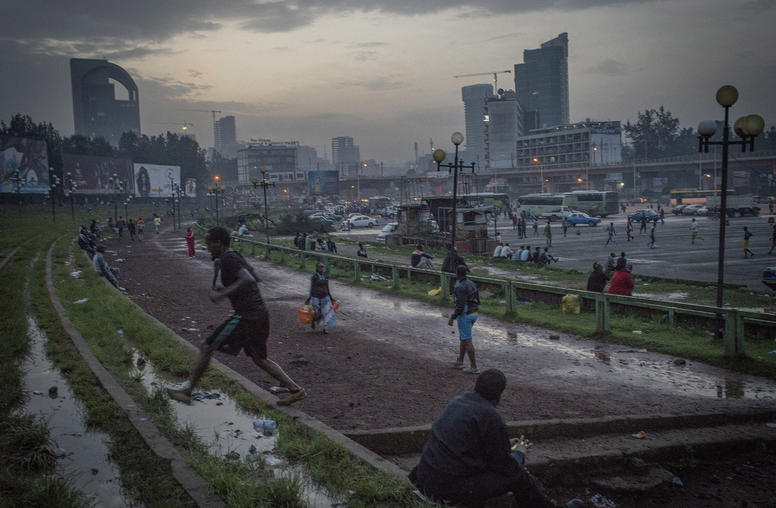
What Ethiopia’s Brewing Conflict Means for the Country—and the Region
Violent conflict between the federal government of Ethiopia and the federal state of Tigray, in the country’s north, began November 4 and quickly escalated. USIP’s Aly Verjee and Susan Stigant discuss the crisis and identify what could be done to avoid further violent conflict in east Africa’s most populous country.
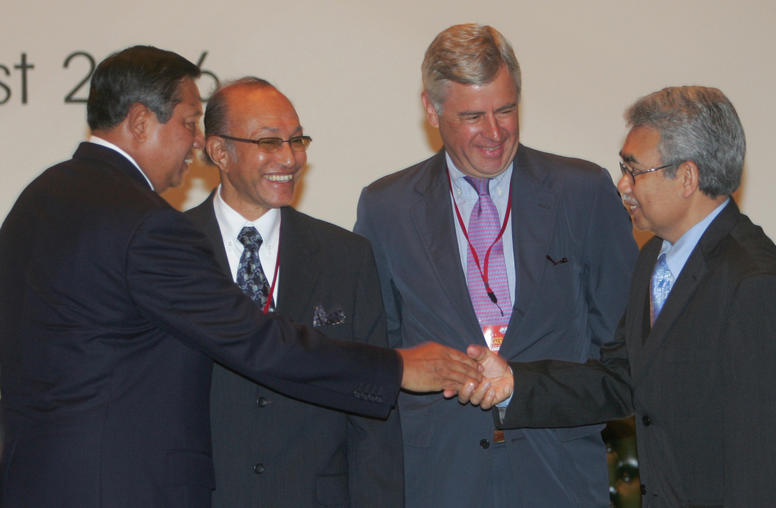
After the Agreement: Why the Oversight of Peace Deals Succeeds or Fails
Almost every modern peace agreement has established some type of institution to oversee implementation of the agreement’s provisions and monitor compliance. This report provides a careful examination of monitoring and oversight mechanisms set up in Sierra Leone, Indonesia, Sudan, and South Sudan between 1999 and 2015, and offers a series of key lessons for the design of future monitoring mechanisms.
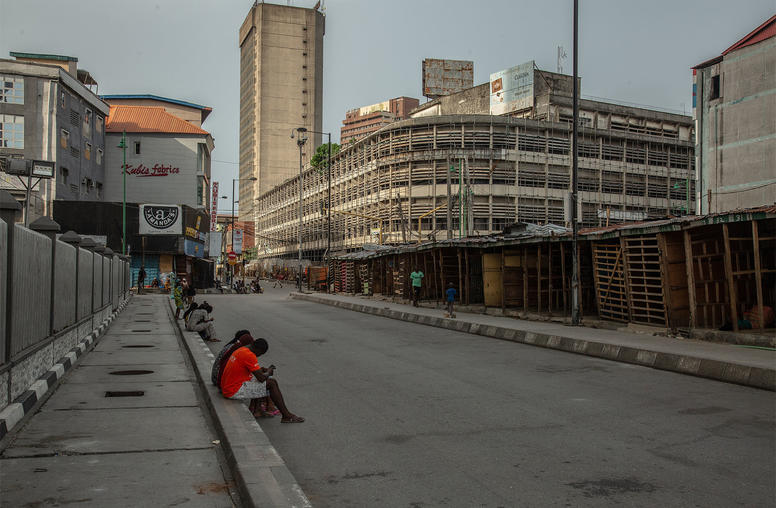
Is Insecurity Undermining the Coronavirus Response? Evidence from Nigeria
In the United States, there is no shortage of public opinion data on nearly every question imaginable. But in Nigeria, Africa’s most populous country, such data is more scarce and policymakers often lack detailed insights into citizen perceptions and concerns. Now, new evidence from USIP-commissioned surveys conducted in May and July 2020 of more than 10,000 Nigerians has found new relationships between violent conflict and the coronavirus response. The data shows that victims of violence are more likely to distrust the Nigerian government’s response to coronavirus.
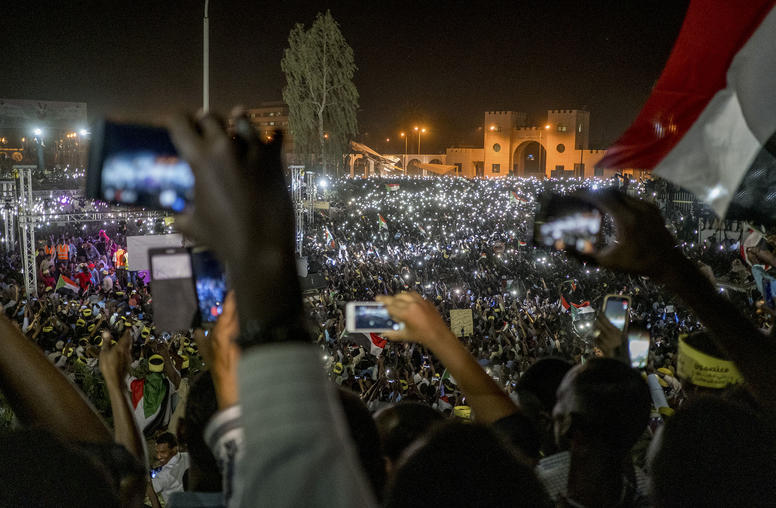
Sudan, One Year After Bashir
Dictator Omar al-Bashir, who ruled Sudan for nearly three decades, was overthrown in April 2019. After months of protests, negotiations led to a joint civilian-military transitional government to govern the country for a period of 39 months. However, Sudan’s political transition remains tenuous, and even before the coronavirus pandemic, the risks of failure were many. USIP’s Manal Taha, Payton Knopf, and Aly Verjee discuss the past year in Sudan and the need for further international support to shore up the transition.
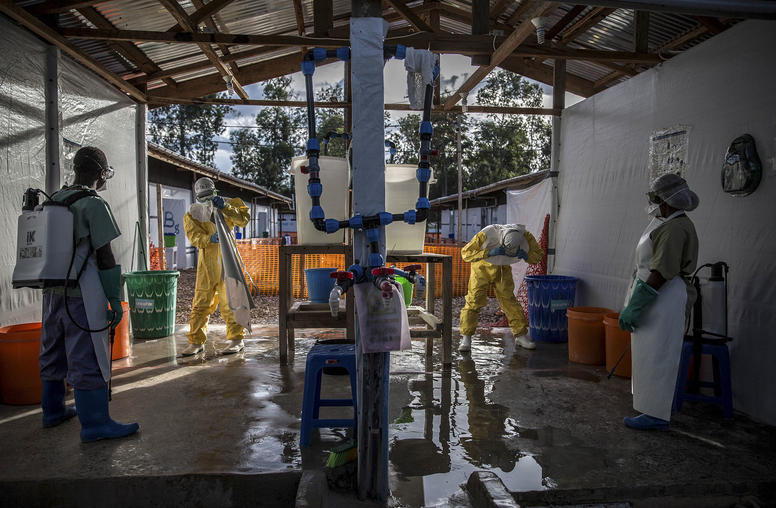
Four Lessons from Outbreaks in Africa for the Age of Coronavirus
As the coronavirus pandemic continues and new behavioral practices—from social distancing to avoiding handshakes and hugs—become expected norms overnight, there are crucial policy lessons to be learned from struggles against previous outbreaks of disease in Africa. Despite widespread poverty, weak infrastructure, and relatively few health professionals, there is an encouraging, long record of African countries—often with significant international assistance and cooperation—eventually managing to overcome dire health challenges. For non-African countries already facing large numbers of COVID-19 infections, as well as for African countries where the epidemic is now at an early stage, policymakers would do well to recall these four lessons of past epidemics—of both what to do and, perhaps almost as importantly, what not to do to confront this global threat.
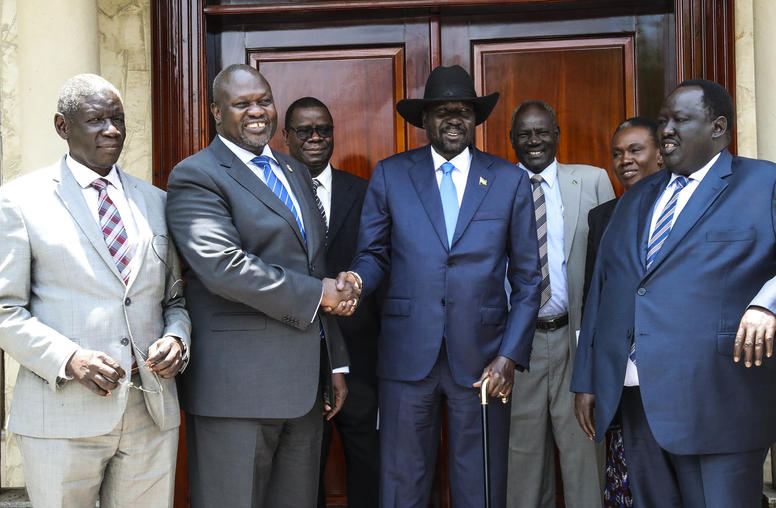
South Sudan: Hope for the Best, Plan for the Worst
With little more than a month left before a new transitional government is set to assume power in South Sudan, efforts to keep the latest peace agreement on track are becoming more urgent, even as most key pre-transition deadlines have been missed and the political will of the belligerents remains in doubt. Given these circumstances, efforts to support the current process remain vitally necessary and thorough planning for the worst-case scenarios is also desperately needed in case South Sudan’s fragile peace collapses.

Ethiopia’s Experiment in Reconciliation
In February 2019, the Ethiopian parliament adopted a landmark proclamation establishing a national reconciliation commission, the first-ever such institution in Ethiopia. Six months on, the commission has developed a three-year plan and begun consultations. But the body was formed without broad-based political consensus regarding its mandate, so has yet to win the critical trust of Ethiopia’s many social and political groups. Dr. Solomon Ayele Dersso discusses the mandate of this body, the challenges ahead, and how the commission could help build peace in Africa’s second most populous country.
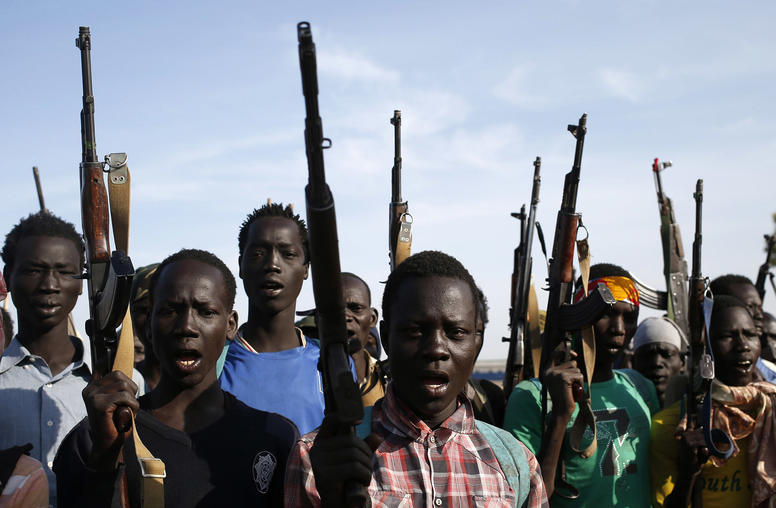
Ceasefire Monitoring in South Sudan 2014–2019: “A Very Ugly Mission”
More than five years after South Sudan’s first ceasefire agreement, ceasefire monitors are still on the ground. The hope was that their work would help overcome the mistrust between rival factions, halt ongoing violence, and deter further violations. Drawing on interviews with monitors, combatants, politicians, civil society representatives, diplomats, peacekeepers, and others, this report examines the history of ceasefire monitoring in South Sudan and offers recommendations for donors supporting future monitoring processes in South Sudan and elsewhere.
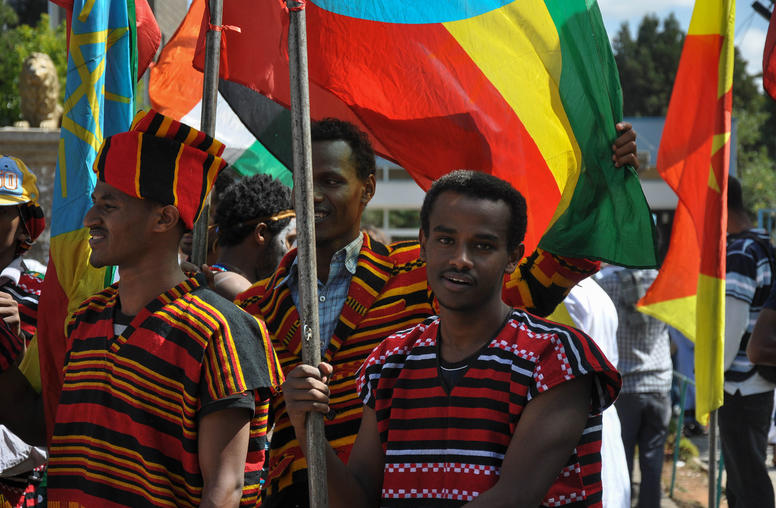
In Southern Ethiopia, Trouble Brews in Sidama
The southern Ethiopian area of Sidama is famous for its coffee. But amid the beans, bitterness lingers. More than 50 people were killed in recent violence, as Ethiopia struggles with demands for the creation of a new Sidama ethnic federal state—a right explicitly permitted by the national constitution. USIP’s Aly Verjee discusses the implications of this latest challenge to peace in Africa’s second most populous country.